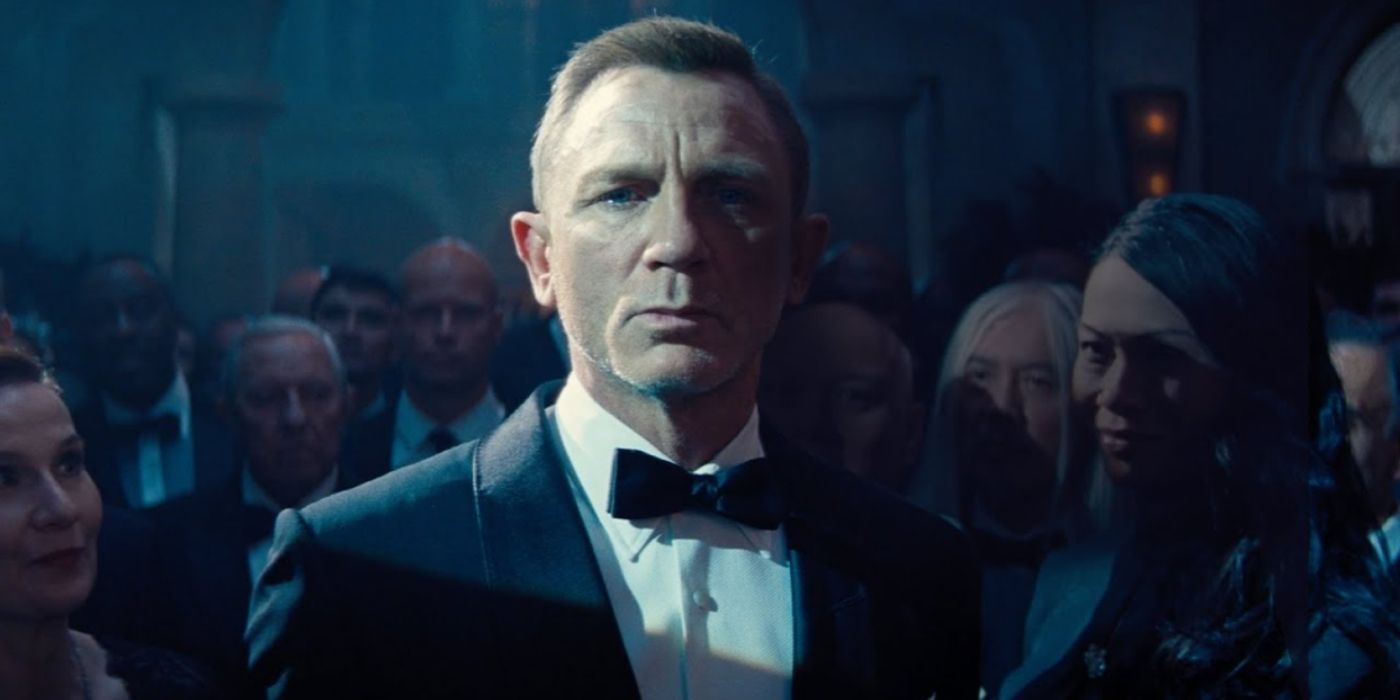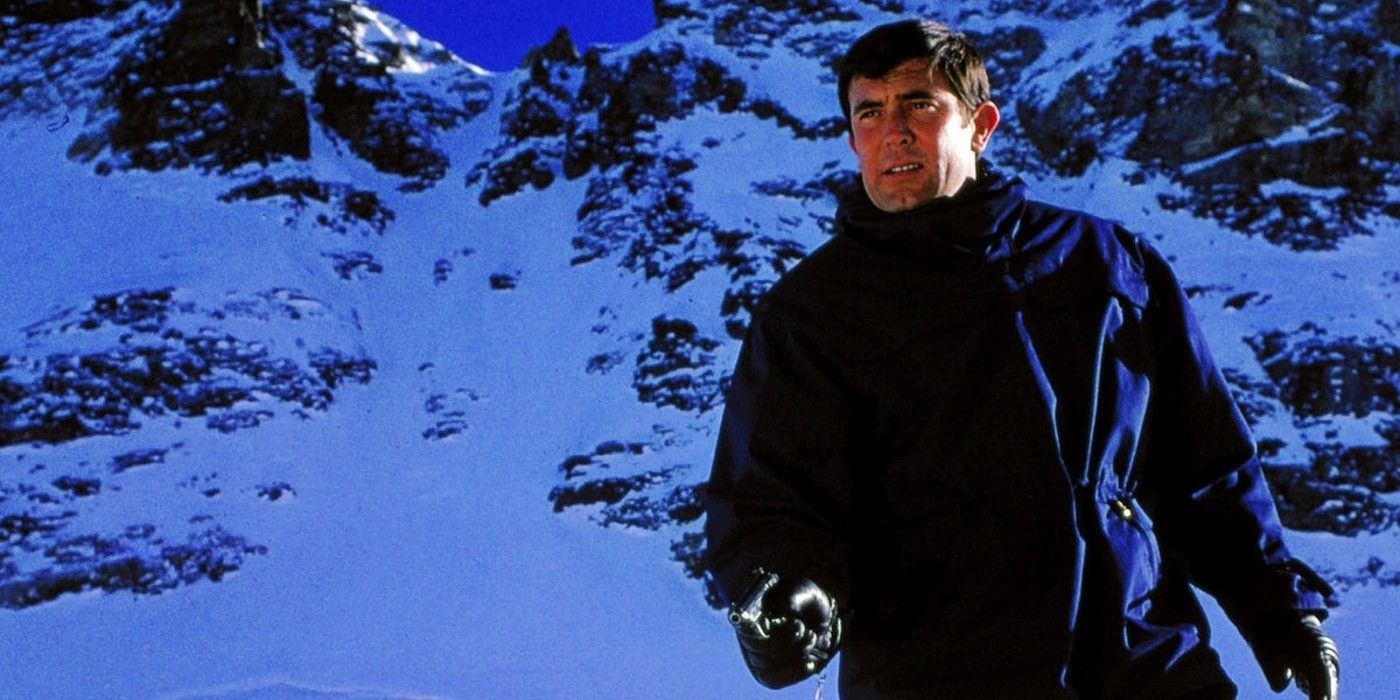WARNING: The following contains spoilers for No Time to Die, now in theaters.
As the 25th James Bond movie and the grand finale to Daniel Craig's celebrated tenure as the British secret agent, No Time to Die has plenty of nods and allusions not only to Craig's four previous films in the franchise but to the entire film series overall. However, there is one film in particular among the twenty movies preceding Craig's run that plays an especially prominent role in No Time to Die that often is overlooked compared to its more iconic counterparts: On Her Majesty's Secret Service. And by directly referencing the 1969 film, No Time to Die not only celebrates it but helps restore its overdue respect and worth within the wider franchise.
A repeated quote between Bond and his lover Madeleine Swan is an observation that the couple has "all the time in the world" together before their romantic bliss is disrupted by Ernst Stavro Blofeld and, five years later, Lyutsifer Safin. The quote is something that George Lazenby's Bond tearfully remarked to his wife Tracy after she was fatally shot by Blofeld at the end of the film, ending their romance abruptly on one of the most tragic moments in the entire franchise. To underscore the connection between the two films further, No Time to Die contains a pair of leitmotifs that musically refer back to On Her Majesty's Secret Service's soundtrack, including its instrumental title track and the Louis Armstrong song "We Have All the Time in the World," which plays over No Time to Die's closing credit sequence.
As Lazenby's sole starring role as Bond, at a time when original series star Sean Connery walked away from the role only to return for a single film in 1973 for Diamonds Are Forever, On Her Majesty's Secret Service is something of a curio within the franchise. While critics were mixed about the 1969 film when it was first released and its box office return was less than ideal, the film's reception among critics and the fanbase has gradually improved over time. Among the film's higher-profile aficionados are filmmakers Christopher Nolan and Cary Joji Fukunaga, with the latter going on to helm No Time to Die while remarking that On Her Majesty's Secret Service particularly struck him and that he was "moved by it."
Just as On Her Majesty's Secret Service opens and ends with Bond driving his signature Aston Martin on winding roads over European mountains, No Time to Die features similar bookends and, of course, the classic Aston Martin. This implicit link is made all the more clear with the tragedy in both films' respective endings, with a romance cut short by the machinations of criminal masterminds. Just as Tracy is shot, ending her marriage to Bond just as it begins, Bond is blown to smithereens by a naval strike to destroy Safin's base and genocidal nanotechnology shortly after he reconciles with Swan, with both iterations of the British spy in their last lines in their respective films emotionally observing that they have all the time in the world, even as death suggests otherwise.
In that sense, No Time to Die both honors and flips the script laid out by On Her Majesty's Secret Service, maintaining the sense of tragedy and singular nature of both movies in comparison to the wider franchise and yet with the former taking the opportunity to bring a definitive, explosive end to Craig's Bond tenure. As a film largely referenced in passing, if at all, over the course of the franchise, No Time to Die's heavy allusions to On Her Majesty's Secret Service effectively canonize the importance of the 1969 film as the franchise finds itself at another major crossroads and without an actor behind the iconic tuxedo.
To see how the film honors On Her Majesty's Secret Service, No Time to Die is in theaters now.



